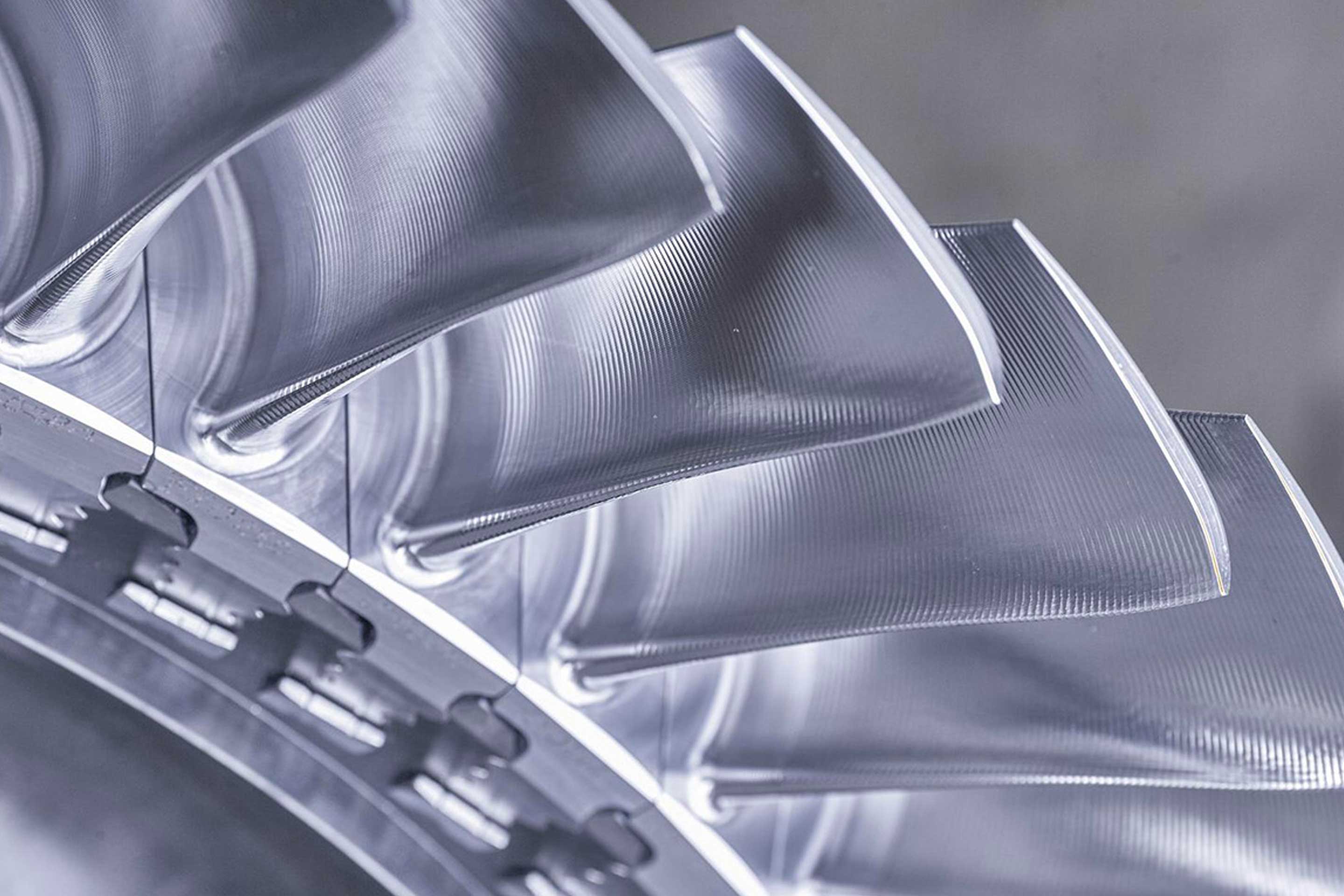Last week, we discussed decarbonization in the maritime industry, how future fuels can help, and why Accelleron needs to move fast. What does that mean for Accelleron as a company, however?
Accelleron is committed to helping accelerate industry transformation towards a decarbonized world. This means being able to deliver new turbocharger solutions in a highly compressed timeframe, but it also means looking at other technologies outside of internal combustion engines.
Future development possibilities
The development of solutions that support alternative fuel-powered engines is currently a major focus for Accelleron, but we’re also researching nascent technologies, including fuel cells, for potential product niches. There are specific prerequisites for such technologies to attract Accelleron’s interest, however, including a close relationship with the internal combustion engine.
As part of our evolution, we are also looking to include a strong service element that helps to integrate future technologies within our product portfolio.
The opportunity to use turbocharger technology alongside fuel cells is just one area that Accelleron is currently looking into. As with internal combustion engines, it’s possible that turbocharging technology could be used to increase the specific output and efficiency of fuel cells. There are plenty of technical and commercial hurdles to overcome, however, with the technology unlikely to become commercially viable in the short term.
Although we have already seen a flurry of small-scale pilot projects in development, there is little prospect of fuel cells entering into the marine market before the end of the current decade.
High-speed expansion plans
Of course, while the maritime market makes up a large proportion of our business here at Accelleron, we’re also active in plenty of other industries, and we’re stepping up our activities in the high-speed diesel engine market, having already launched our first dedicated products.
There are plenty of interesting opportunities in the off-highway market, for example, including construction and agricultural equipment, which sits below our existing product coverage in terms of engine power. This market is currently largely served by turbocharger manufacturers from the automotive industry.
The automotive market is highly competitive, and faces longer-term challenges from electrification and the introduction of hybridization, which are likely to reduce the importance of the internal combustion engine in the segment over the medium term. As a result, we are beginning to see some suppliers choosing to exit the market.
Although not directly connected to the off-highway market, it still creates opportunities for established OEMs including Accelleron. That’s because the off-highway market is unlikely to electrify to a similar extent due to challenges with power density, which in turn creates demand for solutions that include engines operating on alternative fuel.
With little or no technology supply from the automotive sector, we believe that offers a potential entry for us to extend our portfolio towards the high-speed market, although it’s certainly a long journey.
 Accelleron’s Christoph Rofka, President Medium & Low Speed products and VP Communications at CIMAC
Accelleron’s Christoph Rofka, President Medium & Low Speed products and VP Communications at CIMAC
Opportunities in stationary markets
One unexpected consequence of decarbonization requirements is the potential for new opportunities for ICE installations in stationary markets, such as power generation. The rapid rise in renewable energy generation around the world is creating additional demand for power generation capacity, with very high response rates to stabilize the grid.
The need for accompanying investments in load balancing capacity becomes increasingly important once the proportion of renewable power generation from solar power or wind powered sources exceeds a certain threshold, with a variety of technical reasons including the possibility of natural fluctuations in wind and solar generation, as well as the inertia that certain types of power plant provide to the grid.
Combined cycle gas turbines (CCGT) have replaced a good proportion of internal combustion engines when it comes to power generation, as their responsiveness and the low cost of natural gas have made them attractive solutions to meet peaks of energy supply alongside base load generation. However, the introduction of renewable energy generation at high levels into some local and national grids is creating different loading patterns, with reserve power generation sometimes standing idle for extended periods of time. We are starting to see that change the economics of CCGT compared with internal combustion engines.
CCGTs also tend to suffer from low cycle fatigue when started up irregularly to a greater extent than ICEs, while ICEs also tend to have a higher efficiency over a wider load range than CCGTs, which are typically ‘tuned’ for an optimal load. While batteries can potentially meet short-lived spikes in demand, the internal combustion engine may remain a better solution for meeting longer-term fluctuations in demand.
We have already seen projects in the US, Italy, the UK and Ireland, and this opportunity in the power market is quite distinct from existing demand for internal combustion engines for base load power generation in geographically remote areas, islands or an urgent need for capacity build-up.
Whether we look at power generation, the marine industry or the off-highway market, one thing remains clear; for technology providers and engineers, there are busy years ahead, with lots of different areas to explore. And for us, this is incredibly positive.
Christoph originally discussed upcoming possibilities for Accelleron with The Motorship’s Nick Edstrom. Read the full interview here.














